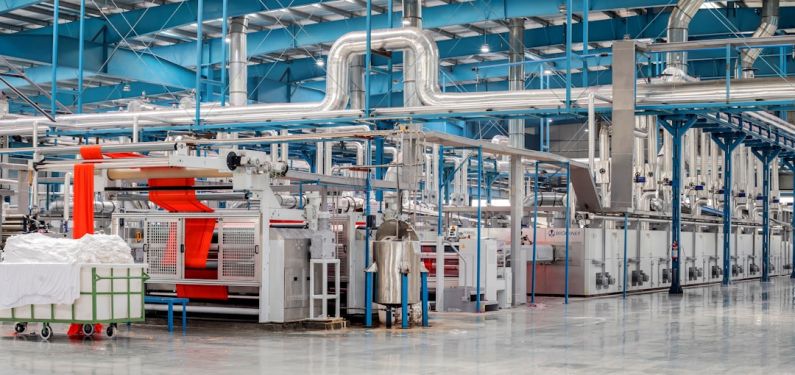Smart sensors have revolutionized the way industries operate, especially when it comes to plant monitoring. These sophisticated devices are capable of collecting and transmitting real-time data, providing invaluable insights into various aspects of plant operations. From monitoring environmental conditions to detecting anomalies, smart sensors play a crucial role in ensuring optimal performance and efficiency. Let’s delve into how these innovative tools can significantly improve plant monitoring.
Real-time Data Collection
One of the key benefits of smart sensors in plant monitoring is their ability to collect real-time data. Unlike traditional monitoring systems that rely on manual input or periodic checks, smart sensors continuously gather data on various parameters such as temperature, humidity, pressure, and vibration. This real-time data allows plant operators to have a comprehensive understanding of the plant’s conditions at any given moment, enabling them to make informed decisions quickly.
Remote Monitoring and Control
Smart sensors also enable remote monitoring and control of plant operations. With the integration of wireless connectivity and cloud-based platforms, plant managers can access real-time data from anywhere, at any time. This capability not only enhances operational efficiency but also allows for proactive maintenance and troubleshooting. By remotely monitoring plant conditions and performance, operators can address issues promptly, minimizing downtime and optimizing productivity.
Predictive Maintenance
Another significant advantage of smart sensors in plant monitoring is their ability to facilitate predictive maintenance. By analyzing data trends and patterns, smart sensors can predict potential equipment failures before they occur. This proactive approach to maintenance helps plant operators schedule repairs or replacements in advance, preventing costly downtime and unexpected breakdowns. Ultimately, predictive maintenance improves equipment reliability and extends its lifespan, leading to long-term cost savings.
Energy Efficiency
Smart sensors play a crucial role in optimizing energy usage in industrial plants. By monitoring energy consumption in real-time, these devices can identify areas of inefficiency and suggest ways to improve energy performance. From adjusting equipment settings to implementing energy-saving strategies, smart sensors provide valuable insights that help reduce energy costs and environmental impact. By promoting energy efficiency, smart sensors contribute to sustainable plant operations and support corporate social responsibility initiatives.
Enhanced Safety and Compliance
In addition to improving operational efficiency, smart sensors also enhance safety and regulatory compliance in industrial plants. By monitoring critical parameters such as temperature, pressure, and gas levels, these devices can detect potential hazards and alert operators in real-time. This proactive approach to safety not only minimizes the risk of accidents but also ensures compliance with industry regulations and standards. By investing in smart sensors for plant monitoring, companies can create a safer work environment for their employees and protect their reputation.
Innovative Insights for Continuous Improvement
Smart sensors provide plant managers with innovative insights that drive continuous improvement. By analyzing data collected by these devices, operators can identify areas for optimization, streamline processes, and enhance overall plant performance. From reducing waste to increasing productivity, smart sensors offer valuable data-driven solutions that support continuous improvement initiatives. By harnessing the power of smart sensors, industrial plants can stay ahead of the competition and adapt to evolving market demands.
Embracing the Future of Plant Monitoring
The integration of smart sensors into plant monitoring processes represents the future of industrial operations. These advanced devices offer a wide range of benefits, from real-time data collection to predictive maintenance and energy efficiency. By leveraging the capabilities of smart sensors, companies can enhance operational efficiency, ensure safety and compliance, and drive continuous improvement. As technology continues to evolve, smart sensors will play an increasingly vital role in optimizing plant operations and maintaining a competitive edge in the market. Embracing this innovative technology is not just a choice but a necessity for companies looking to thrive in the digital age.

